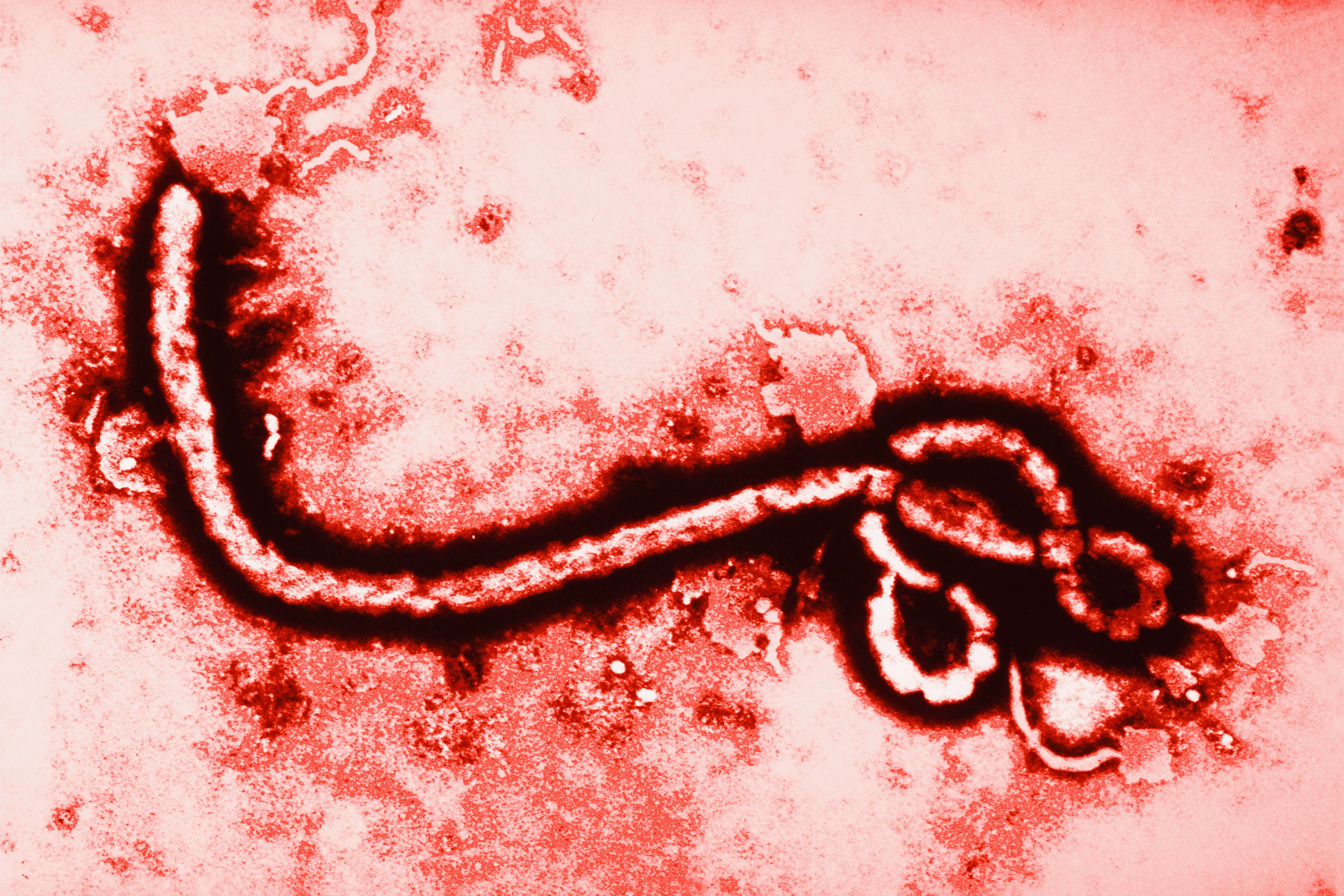Health and Healthcare
Ebola Outbreak Could Cost $32 Billion -- World Bank
Published:
So far, the Ebola virus has affected as many as tens of thousands of people, mostly in Africa. Several thousands have died. But there are continual warnings that the spread could create a plague, with cases moving into the hundreds of thousands, not just in Africa, but around the globe. The World Bank has put out an estimate of what a wide outbreak of Ebola could cost — $32 billion.
According to World Bank experts:
With the latest death toll from Ebola now at 3,439 in the three worst-affected countries of Guinea, Liberia, and Sierra Leone, a new economic impact assessment from the World Bank Group says that if the epidemic was to significantly infect people in neighboring countries, some of which have much larger economies, the two-year regional financial impact could reach US$32.6 billion by the end of 2015.
One of the cautions of the estimate is obviously that the spread of the disease will not come to an end for months.
Most of the cost will apparently be borne by the three nations where the virus is most prevalent, each of them hopelessly poor and without the resources to battle the disease:
The new World Bank Group report notes, “as it is far from certain that the epidemic will be fully contained by December 2014 and in light of the considerable uncertainty about its future trajectory, two alternative scenarios are used to estimate the medium-term (2015) impact of the epidemic, extending to the end of calendar year 2015.” A “Low Ebola” scenario corresponds to rapid containment within the three most severely affected countries, while “High Ebola” corresponds to slower containment in the three countries, with broader regional contagion.
According to the World Bank Group’s new analysis, the economic impacts of Ebola are already very serious in the core three countries — particularly Liberia and Sierra Leone — and could become catastrophic under a slow-containment, High Ebola scenario. In broader regional terms, the economic impact could be limited if immediate national and international action stop the epidemic and alleviate the “aversion behavior” or fear factor that is causing neighboring countries to close their borders, and airlines and other regional and international companies to suspend their commercial activities in the three worst-affected countries. The successful containment of Ebola in Nigeria and Senegal so far is evidence that this is possible, given some existing health system capacity and a resolute policy response.
What the report says little about is what happens if the disease spreads well beyond the region and infection rates become much broader in areas like the United States and Europe.
ALSO READ: Ebola Drug Stocks React Wildly to Dallas Patient Death
Credit card companies are pulling out all the stops, with the issuers are offering insane travel rewards and perks.
We’re talking huge sign-up bonuses, points on every purchase, and benefits like lounge access, travel credits, and free hotel nights. For travelers, these rewards can add up to thousands of dollars in flights, upgrades, and luxury experiences every year.
It’s like getting paid to travel — and it’s available to qualified borrowers who know where to look.
We’ve rounded up some of the best travel credit cards on the market. Click here to see the list. Don’t miss these offers — they won’t be this good forever.
Thank you for reading! Have some feedback for us?
Contact the 24/7 Wall St. editorial team.